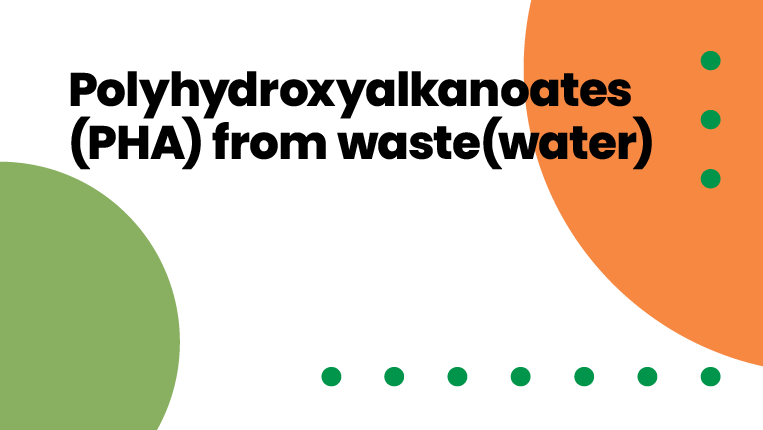The ReSkin project, which aims to develop a new human skin substitute that can address the shortage of human skin in burn units due to a lack of donors or the high risk of rejection due to the patient's immune response, was distinguished with the Alfredo da Silva/COTEC "Technological Innovation, Mobility and Industry" Award. This project will be developed by a team of researchers from the Centre of Biotechnology and Fine Chemistry of the Faculty of Biotechnology of the Universidade Católica Portuguesa, in partnership with the company Cortadoria Nacional, and with the support of the São João Hospital and CUF.
"ReSkin aims to use rabbit skin to develop a decellularised matrix, i.e. a highly preserved and functional biological biomaterial, and with less need for immunosuppressants when implanted," explains Ana Leite Oliveira, researcher at the Centre for Biotechnology and Fine Chemistry of the Faculty of Biotechnology of the Universidade Católica Portuguesa (CBQF/ESB/UCP), adding "this is an ambitious goal, which has not yet been fully addressed by the scientific community and that we want to achieve with this project." To this end, over 24 months, the team of researchers will "develop a minimally aggressive method that effectively sterilises and removes immunogenic material without damaging its properties or its bioactivity."
"We intend to develop a high value-added product in the medical device area and contribute to the circular economy, since ReSkin could allow the valorisation of more than 5 tonnes of rabbit skin produced by the tanning company Cortadoria Nacional," says the researcher. Preliminary feasibility tests allowed "to validate the characteristics of rabbit skin as a viable substitute for human skin, both in anatomical and morphological terms, as well as regarding mechanical properties, thickness and composition, and in fact there is a lot of proximity."
As the allograft market is expanding and compared to existing products, the results of ReSkin may translate into significant advantages in terms of the circular economy and the response to a pressing challenge with high social and economic impact.
The Alfredo da Silva Awards ceremony, where a Research Grant was awarded to the ReSkin project, of the researcher Ana Leite Oliveira, took place on 30 June, at the Serralves Foundation.
The Alfredo da Silva Awards are an initiative of the Amélia de Mello Foundation and aim to recognise and support scientific and technological research projects of excellence, with the goal of driving progress and social and economic development. The Research Grants are awarded annually to outstanding researchers in various areas of knowledge.







